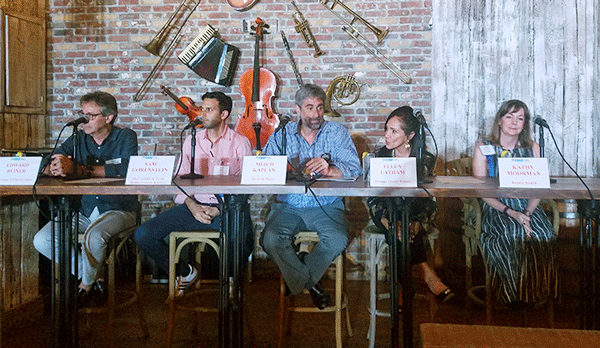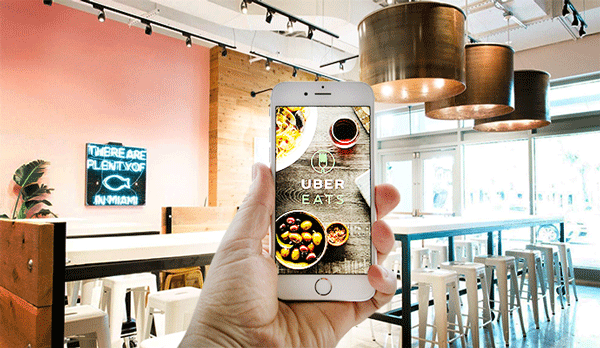From TRD Miami: Mobile applications are reshaping the way retail tenants allocate space in brick-and-mortar stores, according to entrepreneurs who led a panel discussion on the South Florida retail market.
Sam Gorenstein, COO and executive chef for My Ceviche and Zuuk Mediterranean Kitchen, said UberEats has prompted the Miami-based restaurant chain to closely evaluate how much it will pay and how much space it needs for future store openings. “Some of these technologies are making us adapt our business model,” Gorenstein said. “Knowing we now have to share the pie with a huge platform like UberEats, we are trying to minimize the per square foot price and the size [of restaurants] to accommodate for that loss of share.”
Gorenstein was part of a panel discussion hosted by the Commercial Industrial Association of South Florida and held at The Craftsman bar in Miami Brickell Village on how local retailers are adapting to succeed in today’s technology-driven retail market. He was joined by moderator Tadd Schwartz, president of Schwartz Media Strategies, and panelists Ellen Latham, founder of Orangetheory Fitness; Mitch Kaplan, owner of Books & Books; Edward Beiner, founder of Edward Beiner Purveyor of Fine Eyewear; and Kathy Moorman, Baptist Health’s corporate vice president for real estate.

Panel. From left: Edward Biener, Sam Gorenstein, Mitch Kaplan, Ellen Latham and Kathy Moorman
UberEats is “complementary, but also competing” with Gorenstein’s business because it offers users an array of restaurant options to order from, he said. The mobile application also makes it easier for users to opt for take-out rather than dining in. “So how do we change up the experience at the store level to get consumers to visit?” Gorenstein said. “We are changing the design by trying to cook and be more interactive in front of the customer.”
Baptist Health developed its own mobile application, the PineApp, that allows patients who don’t want to travel to the company’s medical facilities to visit with a physician online. “You can also see what the wait times are in the emergency department and urgent care centers,” Moorman said.
In order to bring people to Baptist Health facilities, the company is offering experiential retail services. “On the real estate end, we are building medical office buildings with a resource room where you will see all these wellness classes, lectures and seminars,” Moorman said. “We also offer opportunities to bring you some meditation type services like some yoga or Tai chi.”
